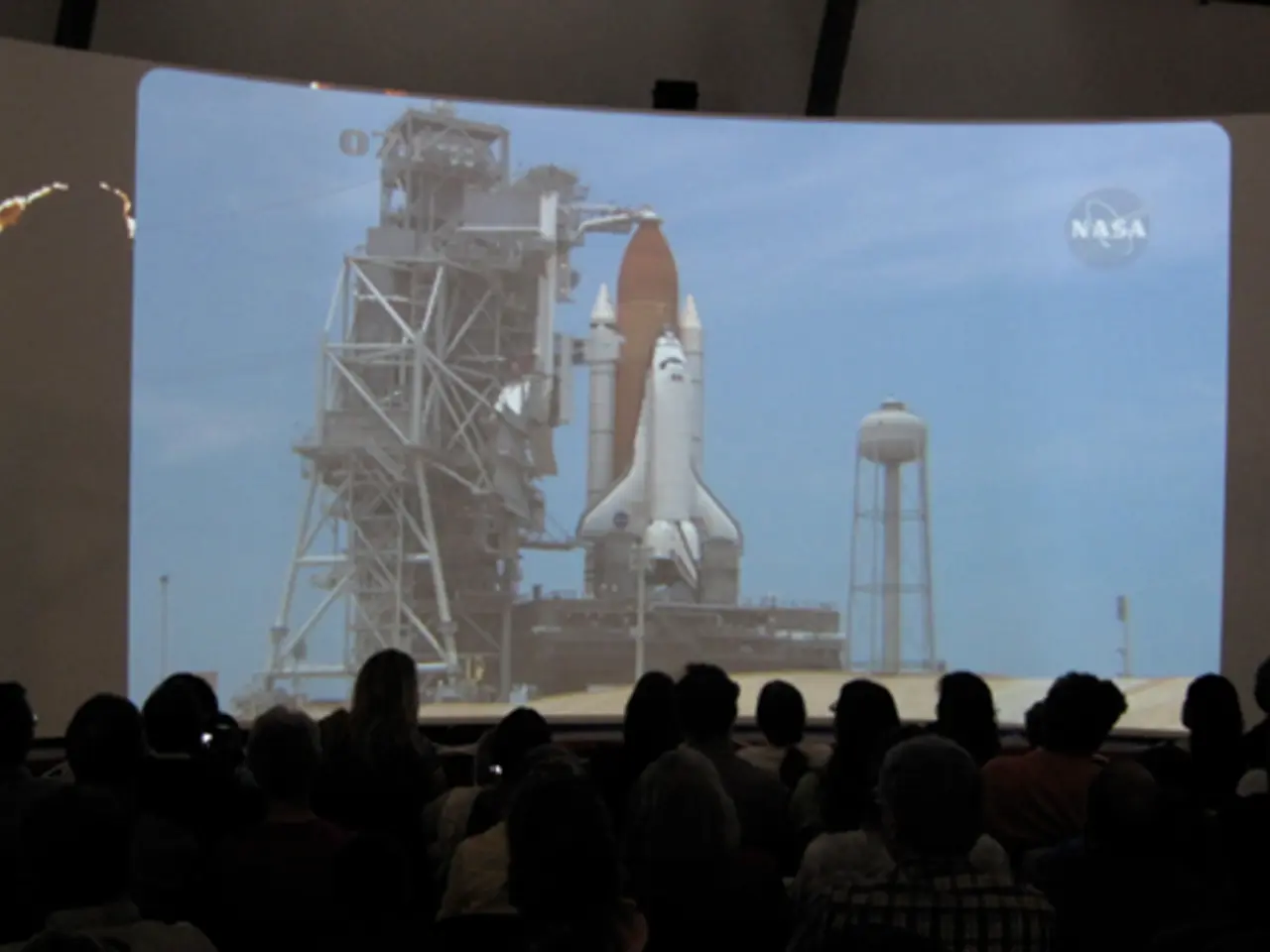Amazon's Kuiper System, overseen by Bezos, gears up for its launch, marking Bezos's readiness to rival Musk's Starlink in the satellite internet arena.
Amazon is set to enter the satellite broadband market with the launch of its Project Kuiper on April 9, 2023. The first batch of internet satellites will be deployed from Cape Canaveral Space Force Station in Florida, using a United Launch Alliance (ULA) Atlas V rocket.
Project Kuiper aims to deliver high-speed internet services to homes, businesses, government agencies, and other institutions. According to Tom's Guide, the service has the potential to deliver speeds up to 400 megabits per second, significantly faster than Starlink's current speed.
The mission, named "KA-01" (Kuiper Atlas 1), is not aiming for the high satellite numbers SpaceX has planned for Starlink (42,000 satellites). Instead, Amazon plans to launch 3,200 low Earth orbit satellites, securing 80 upcoming launches with multiple commercial providers.
Rajeev Badyal, vice president of Project Kuiper, stated that extensive ground testing has been done to prepare for the first mission, but some things can only be learned in flight. Amazon has already launched two prototype satellites, KuiperSat-1 and KuiperSat-2, in late 2023. The test mission was successful, with the two satellites performing controlled maneuvering in low Earth orbit.
The Kuiper satellites will orbit at an altitude of between 367 and 391 miles (590 and 630 km) above Earth. They are equipped with an active propulsion system, including a custom thruster built in-house and a krypton-filled propellant tank.
Amazon has secured launches with Arianespace, ULA, and Blue Origin, another space venture owned by Jeff Bezos, for its initial constellation. The upcoming launch will mark the first time Amazon deploys its final satellite design and deploys so many satellites at once.
Vodafone and its African branch, Vodacom, have partnered with Amazon to use Project Kuiper to expand its 4G/5G networks. This partnership will help bring internet services to remote areas in Africa, addressing the digital divide.
As Amazon begins its satellite broadband journey, it faces competition from SpaceX's Starlink, which has already launched thousands of satellites and operates a well-established global network. However, Amazon is eager to catch up and meet the FCC deadlines, planning to launch half of its constellation by July 2026 and the entire constellation by July 2029.
| Aspect | Amazon Project Kuiper | SpaceX Starlink | |----------------------------|-----------------------------------------------|----------------------------------------| | Total satellites planned | 3,236 | 4,000+ (operational as of early 2025) | | Satellites launched (as of Aug 2025) | 102 | Thousands | | Deployment start | April 2025 | 2019 | | Launch provider | SpaceX Falcon 9 | SpaceX Falcon 9 and Falcon Heavy | | Orbit altitude | 590 km, 610 km, 630 km | Mainly 340 km to 570 km (varies by generation) | | FCC deployment deadlines | Half by July 2026, full by July 2029 | No similar upcoming deadline |
Amazon's standard terminals for Project Kuiper will cost around $400 to manufacture, potentially making them less expensive than SpaceX's kits, according to The Verge. As the race for satellite broadband continues, it remains to be seen who will dominate the market in the coming years.
[1] SpaceNews [2] Ars Technica [3] TechCrunch [4] The Verge [5] Space.com
- The technology behind Amazon's Project Kuiper will compete with SpaceX's Starlink in the future, with the former aiming to deliver high-speed internet services using a constellation of 3,236 satellites that will be launched using various space providers like ULA, Arianespace, and Blue Origin.
- According to The Verge, Amazon's standard terminals for Project Kuiper could potentially be less expensive than SpaceX's kits, making them more affordable for homes, businesses, and institutional customers.
- In the space-and-astronomy sector, both Amazon's Project Kuiper and SpaceX's Starlink have made significant strides, with Amazon already launching two prototype satellites and SpaceX already operating a well-established global network with thousands of satellites.
- The race for satellite broadband dominance is intense, with Amazon eager to catch up to SpaceX's Starlink and meet FCC deadlines, planning to launch half of its constellation by July 2026 and the entire constellation by July 2029, according to the given table.




